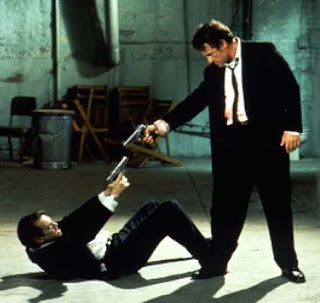Re: A new Reserve currency to challenge the dollar – What’s really going on in The Straits of Hormuz.
There are assets in America, not just a mountain of debts. If there were not assets to cover liabilities, then America would be bankrupt..... But it is not.
And onto the asset-side of the ledger, just think of all that oil that the U.S. is drowning in now. The entire continent is floating on oil and gas. Plus, side-a-ways drilling is not too expensive, especially in the context of Iran and 9/11. And the price of drilling is coming down as the quantity of oil is increasing..... Very lovely!
Up in the oil-sands of northern Alberta, oil recovery is coming down in price, and the oil production is increasing. The entire picture in North America from southern Mexico to northern Alberta is very encouraging.
It had to come to this... Unfortunately, it took a 9/11 to really change the thinking here about energy security.
Hopefully, the UK and the nations of Europe will follow North America's lead, because the less oil we need to import from the Middle-East, the better it will be for us all.....
Imagine the arrogance of this bunch in Iran, and the civilized world let them get away with this until now!
There are assets in America, not just a mountain of debts. If there were not assets to cover liabilities, then America would be bankrupt..... But it is not.
And onto the asset-side of the ledger, just think of all that oil that the U.S. is drowning in now. The entire continent is floating on oil and gas. Plus, side-a-ways drilling is not too expensive, especially in the context of Iran and 9/11. And the price of drilling is coming down as the quantity of oil is increasing..... Very lovely!
Up in the oil-sands of northern Alberta, oil recovery is coming down in price, and the oil production is increasing. The entire picture in North America from southern Mexico to northern Alberta is very encouraging.
It had to come to this... Unfortunately, it took a 9/11 to really change the thinking here about energy security.
Hopefully, the UK and the nations of Europe will follow North America's lead, because the less oil we need to import from the Middle-East, the better it will be for us all.....
Imagine the arrogance of this bunch in Iran, and the civilized world let them get away with this until now!






Comment